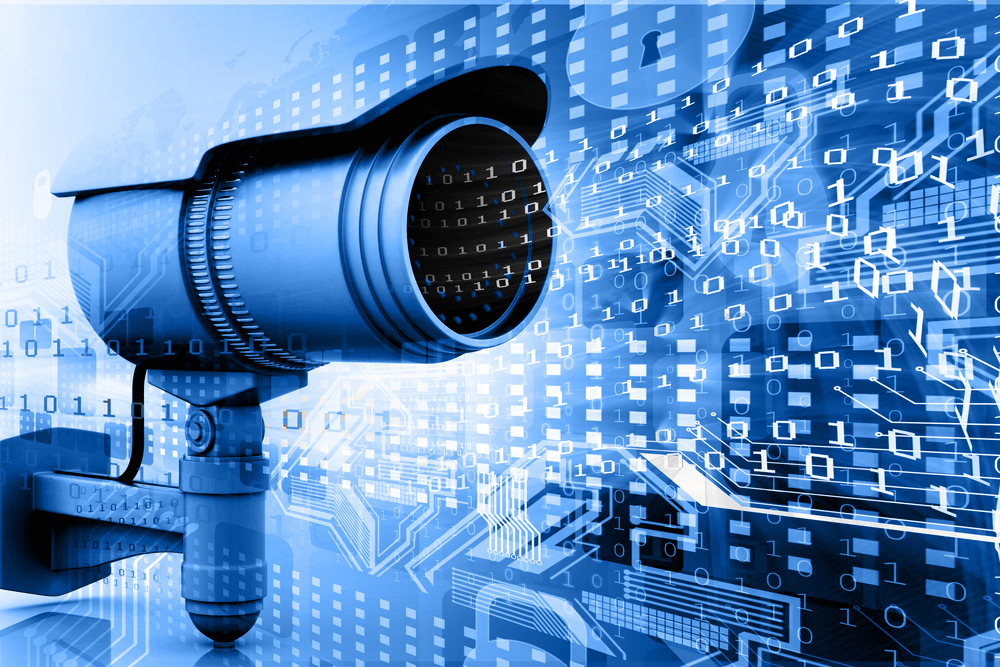After bubbling away in the background of UK politics for years, the Investigatory Powers Bill, better known as the Snooper's Charter, is now on its way to becoming law after being passed by both the House of Lords and House of Commons.
Prime Minister Theresa May first introduced the bill in its current form when she was Home Secretary back in November 2015, though it had been around in various guises before then. It now only requires Royal Assent to be officially adopted, which will likely happen before the end of the year.
Rights groups and privacy campaigners have protested against the law, which demands tech firms store UK users' internet data for up to twelve months, including a record of every site visited, and allow government agencies unfettered access to the information.
The law lets the state hack into devices, networks, and services, including in bulk. It also allows the creation and maintenance of large databases of personal information on UK citizens, even those who aren't suspected of committing any crimes
The Bill makes sure the government can demand companies weaken their encryption on messaging services such as WhatsApp and iMessage, or decrypt data on request.
As is nearly always the case with similar surveillance laws, the UK government says the Investigatory Powers Bill is necessary deterrent in the fight against terrorism. Many disagree with this claim, including those who make the encrypted software.
"We believe it would be wrong to weaken security for hundreds of millions of law-abiding customers so that it will also be weaker for the very few who pose a threat," Apple said last year. "In this rapidly evolving cyber-threat environment, companies should remain free to implement strong encryption to protect customers."
Writing in Newsweek, Open Rights Group director Jim Killock called the law the "most extreme surveillance law ever passed in a democracy."
Some still try to claim mass surveillance is about counter-terrorism. But if you look at the targets, you'll find the truth is darker: https://t.co/dgI0Flril1
--- Edward Snowden (@Snowden) November 16, 2016
